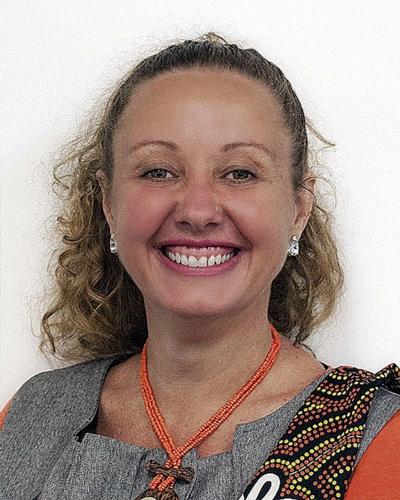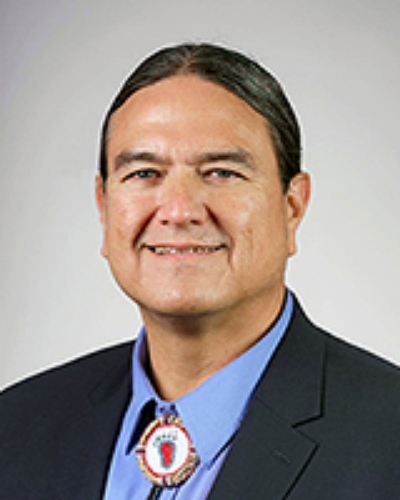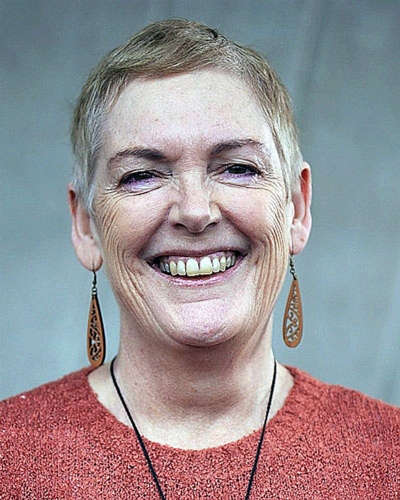It’s time to plant a flag in the White soil of academic journal publishing and declare, ‘This discourse includes the cultural voices of Indigenous Peoples’. Indigenous Peoples* are almost invisible as academic authors in rural health journals. Occasionally that indigeneity may be deduced through the institutional or organisational affiliation statements, or in the acknowledgements, or in the text of articles. Too frequently, it is not discernible in any way. In essence, Indigenous cultural identity is suppressed by the conventions of academic publishing. This sees author and subject credibility resting on Western views of provenance, including institutional affiliation, college membership, educational qualifications, and disciplinary background. This research colonialism reflects a power imbalance that must end.
We, as a consortium of three rural health journals (Rural and Remote Health, Canadian Journal of Rural Medicine and Australian Journal of Rural Health), believe that cultural heritage and cultural provenance are as important as, if not more important than, Western views of provenance, regarding any research involving Indigenous Peoples. We commit to developing a textual flag to signal to readers that the author is Indigenous, as denoted in our author list for this statement. Furthermore, our companion policy paper (to be published in Rural and Remote Health simultaneously with the winter edition of the Canadian Journal of Rural Medicine and in the Australian Journal of Rural Health) lists additional considerations that, if implemented, would mean truly inclusive authorship, ie by, for and with Indigenous Peoples. This signals that we are beginning a journey of truth-telling and reconciliation with Indigenous Peoples, a journey that does not merely begin with respecting Indigenous cultural identity. It also flags a movement towards an academic treaty where our wonderful kaleidoscope of knowledge radiates through all aspects of academic publishing.
We have come together to declare our intention to publish ‘nothing about Indigenous Peoples, without Indigenous Peoples’. How this is specifically articulated in practice will vary by journal and Nation*, but in essence we will reject submitted articles that concern Indigenous communities but do not acknowledge an Indigenous author or provide evidence of a participatory process of Indigenous community engagement.
While there may be a risk that this will reduce the already small volume of research about Indigenous communities, it will increase the quantity and quality of research done with Indigenous communities, and the relevance of those research contributions. Articles that do not meet our central criteria can be published elsewhere, or, frankly, not at all. We believe this approach is morally, ethically, culturally and scientifically correct, and we will promote and support Indigenous authors and promote rural research units to work respectfully with Indigenous communities. As a consortium we choose to make our publications flagships for Indigenous cultural voices in rural health, and we look forward to increasing the range, variety and volume of the voices of Indigenous Peoples in our field.
* We acknowledge the importance of the individual language and naming conventions of different Indigenous Nations. This statement has used the term ‘Indigenous Peoples’ as defined by the United Nations. However, we respect the right of nations to determine, define and name their cultural identity as and when they choose.
You might also be interested in:
2009 - Childhood obesity and elevated blood pressure in a rural population of northern Greece










